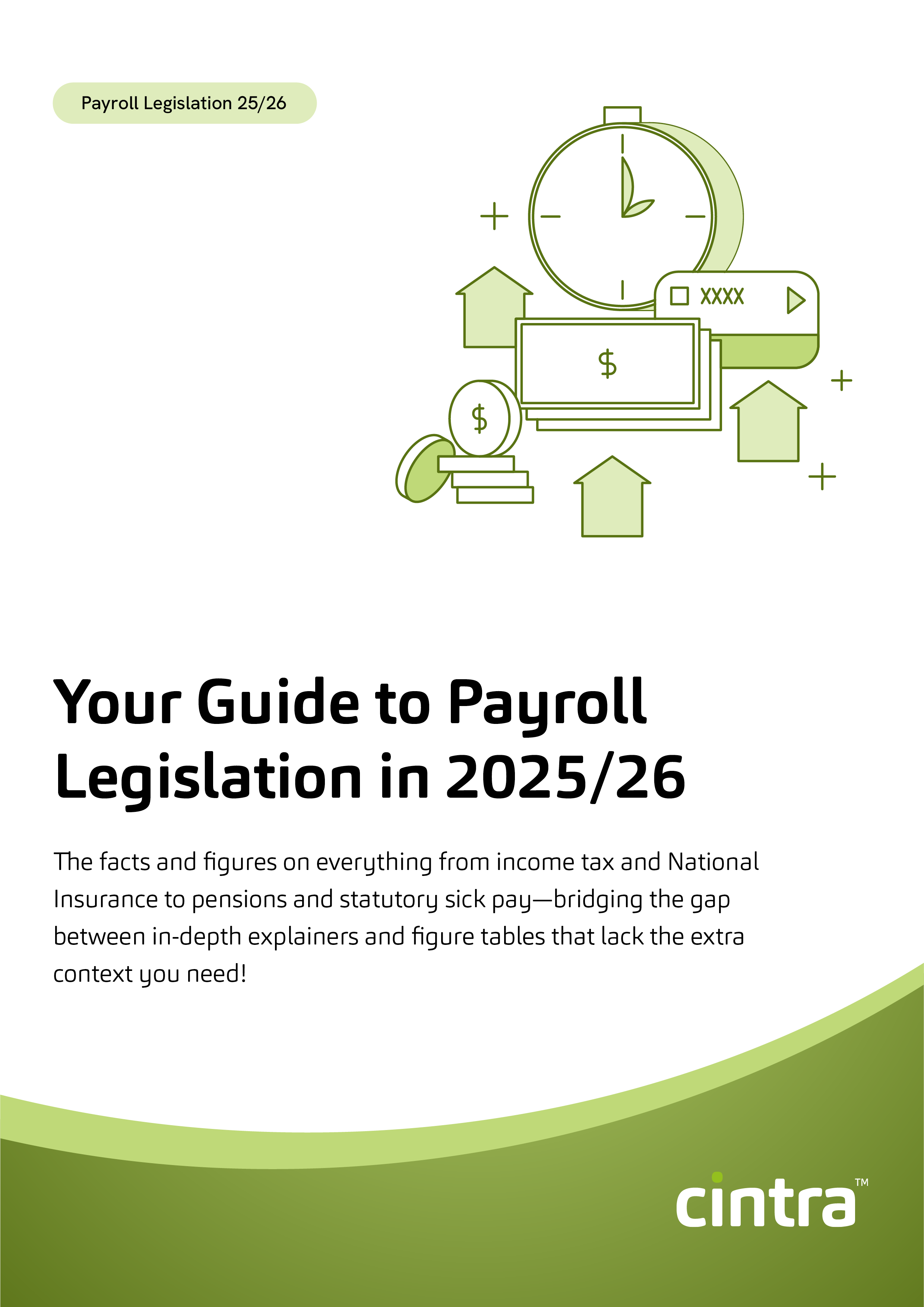If your company provides vehicles for personal use, it’s crucial to stay up to date with car fuel benefits.
Don’t worry—you’re in good hands. We’ll walk you through everything you need to know from what a car fuel benefit actually is, to the 2025/26 rates, and how to report it to HMRC.
What is a car fuel benefit?
A car fuel benefit is a tax applied to employees who are provided with a company car and free or subsidised fuel for personal use. This benefit is considered a taxable perk by HMRC, as it allows employees to use fuel paid for by their employer for personal journeys. The tax is calculated based on the value of the fuel provided, and the employee is responsible for paying the associated tax on this benefit.
What are the company cars and vans rates for 2025/26?
In the Autumn Statement 2024, the government announced an increase in the van benefit charge, as well as the car and van fuel benefit charges.
Let’s look at the 2025/26 rates and how they’ve changed from 2024/25.
| Charge | Rate | Increase (from 2024/25) |
|---|---|---|
| Van benefit charge | £4,020 | £60 |
| Van fuel benefit charge | £769 | £12 |
| Car fuel benefit charge multiplier | £28,200 | £400 |
Get the latest insights and best practice guides, direct to your inbox.
HMRC’s advisory fuel rates for company cars for 2025/26
Here are the advisory fuel rates set by HMRC for company cars, starting from 1 March 2025:
Petrol
| Engine size | Petrol — rate per mile | LPG — rate per mile |
|---|---|---|
| 1400cc or less | 12 pence | 11 pence |
| 1401cc to 2000cc | 15 pence | 13 pence |
| Over 2000cc | 23 pence | 21 pence |
Diesel
| Engine size | Diesel — rate per mile |
|---|---|
| 1600cc or less | 12 pence |
| 1601cc to 2000cc | 13 pence |
| Over 2000cc | 17 pence |
Electric
| Electric — rate per mile |
| 7 pence |
Hybrid
Hybrid cars are classified as either petrol or diesel vehicles when it comes to advisory fuel rates.
On-demand webinar
Expense management for remote teams
Fed up with the headache of tracking mileage, fuel costs, and vehicle documents for your team? Watch our webinar to see how you can automate the entire process.

With Jonny Dowell
Capture Expense
How to report car fuel benefits to HMRC
There are two main ways to do it, and your choice will depend on how your business prefers to handle tax reporting:
P11D form
At the end of the tax year, you can submit a P11D form to report any car fuel benefits along with other employee benefits. This form is the traditional way of reporting taxable benefits, and it’s often used by businesses that don’t process benefits via payroll.
Payroll
Alternatively, you can process car fuel benefits through payroll. This means you’ll deduct the tax on the car fuel benefit from your employee’s salary in real time, much like other income tax deductions.
It’s a simpler, more immediate way of handling the benefit and makes sure that tax is deducted as it’s earned.
Why it’s important to know about payrolling benefits
In 2026, payrolling benefits will become mandatory for all businesses, which means that if you’re currently using the P11D form, it’s time to make the switch. By doing so now, you can avoid any last-minute rush and be ahead of the curve.
What you need to know about tax and National Insurance contributions
Your employees will need to pay tax on any car fuel benefit they receive. The taxable amount is calculated based on HMRC’s appropriate percentage, which takes into account the car’s CO2 emissions.
For example, cars with lower emissions are taxed at a lower rate, while higher-emission vehicles face a higher tax rate. The percentage can range from 3% to 37%, depending on the specific emissions of the vehicle.
Also, your business will need to pay Class 1A National Insurance contributions on the value of the car fuel benefit you provide to your employees.
How does HMRC calculate their fuel rates?
HMRC determines advisory fuel rates by considering factors such as the average cost of fuel and the typical fuel consumption for different car models and engine sizes.
These rates are updated every quarter to reflect changes in fuel prices, making sure they remain accurate and fair.
Petrol
| Engine size (cc) | Mean MPG | Fuel price (per litre) | Fuel price (per gallon) | Rate per mile | Advisory fuel rate |
|---|---|---|---|---|---|
| Up to 1400 | 51.0 | 138.7 pence | 630.7 pence | 12.4 pence | 12 pence |
| 1401 to 2000 | 42.3 | 138.7 pence | 630.7 pence | 14.9 pence | 15 pence |
| Over 2000 | 27.1 | 138.7 pence | 630.7 pence | 23.3 pence | 23 pence |
Diesel
| Engine size (cc) | Mean MPG | Fuel price (per litre) | Fuel price (per gallon) | Rate per mile | Advisory fuel rate |
|---|---|---|---|---|---|
| Up to 1600 | 56.9 | 146.1 pence | 664.3 pence | 11.7 pence | 12 pence |
| 1601 to 2000 | 49.3 | 146.1 pence | 664.3 pence | 13.5 pence | 13 pence |
| Over 2000 | 38.0 | 146.1 pence | 664.3 pence | 17.5 pence | 17 pence |
LPG
| Engine size (cc) | Mean MPG | Fuel price (per litre) | Fuel price (per gallon) | Rate per mile | Advisory fuel rate |
|---|---|---|---|---|---|
| Up to 1400 | 40.8 | 98.3 pence | 446.9 pence | 10.9 pence | 11 pence |
| 1401 to 2000 | 33.8 | 98.3 pence | 446.9 pence | 13.2 pence | 13 pence |
| Over 2000 | 21.7 | 98.3 pence | 446.9 pence | 20.6 pence | 21 pence |
FAQs
How is the car fuel benefit calculated?
The car fuel benefit is calculated based on the CO2 emissions of the vehicle, applied to a fixed amount determined by the government. For the 2025/26 tax year, this fixed amount will be £28,200 (up from £27,800).
For example, if an employee has a company car with a CO2 rating that qualifies for this charge, the fuel benefit would be added to their taxable income. However, if the employee reimburses their employer for all the private fuel use, they won’t have to pay the fuel benefit charge. It’s a system designed to make sure that employees are taxed appropriately for the fuel provided by their employer for personal use.
Is there a fuel benefit for electric cars?
No, there isn’t a fuel benefit charge for fully electric cars, as electricity isn’t classified as a fuel by HMRC. However, this doesn’t apply to plug-in hybrid vehicles, which can still be subject to a fuel benefit charge depending on their usage. So, if you’re driving a fully electric car, you’re off the hook when it comes to this particular charge.
Do you pay tax on car fuel benefit?
Yes, if you’re provided with a car and fuel by your employer, you may have to pay tax on the fuel benefit. This is because the provision of fuel for personal use is considered a taxable benefit in kind (BIK). The amount you pay depends on the car’s CO2 emissions and the type of fuel it uses. Your employer should report this benefit to HMRC, and you’ll likely see it reflected on your P11D form, which is used to calculate the tax you owe.
Meet Capture Expense: a more efficient approach to business travel
Our expense management software makes it simple to track personal fuel use in your company cars. From recording mileage to handling reimbursements, Capture Expense makes sure everything aligns with HMRC’s advisory fuel rates.
Book a demo with Capture Expense to see how we can help simplify your fuel tracking.


